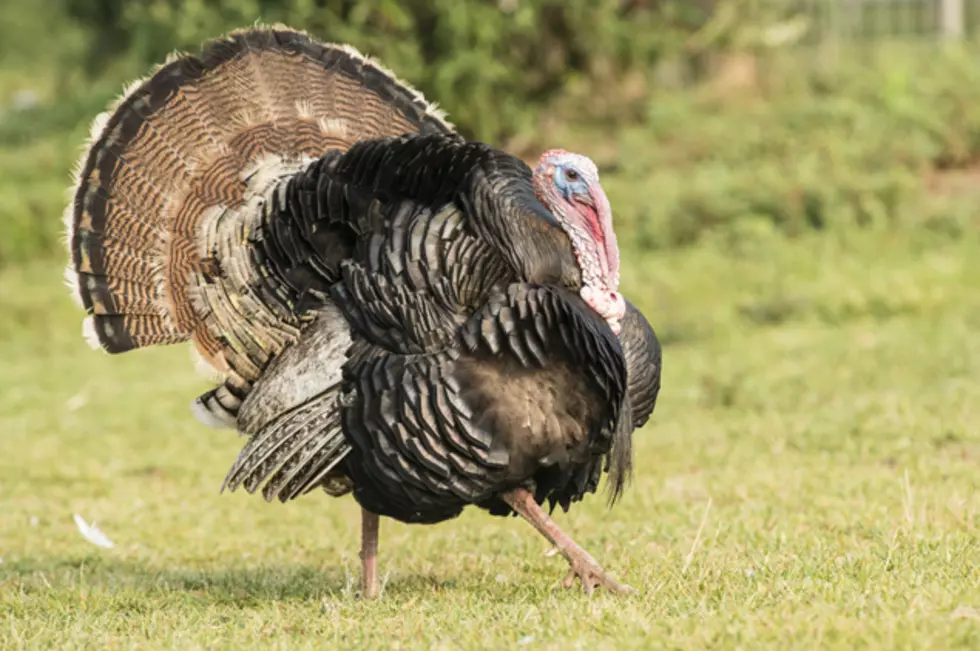
In Louisiana, Can You Legally Bury Your Pet in Your Own Yard?
One of the most emotionally challenging things a person can endure is the loss of a beloved pet.
However, losing the pet is only the start of the nightmare, especially if it was a family pet and there are children involved.
There's the conversation about death with the kids, helping them to work through their own bereavement, all while you deal with the flood of emotions yourself.
And then there's the issue of burial, which for some could be the biggest of all hurdles to jump.
The Big Question Now Concerns Your Pet's Final Resting Place
So, in Louisiana, is it legal to just bury that pet in your own backyard? For the most part, the answer is yes. However, the animal must not be carrying any type of infectious disease and the grave must be at least 6 feet deep.
It's just a bet here, but if you've ever buried a pet yourself as I have, I think we would all be hard pressed to say we've ever dug any hole 6 feet down; much less our pet's final resting place.
That's The "Law" But Do Police Really Enforce It?
Even though that is Louisiana law, I'd find it hard to believe that police are riding around with a tape measure, readied to unearth Fido and check the actual depth at which he's buried.
However, you'll certainly want to check with your specific parish for any special codes concerning the issue and if you live in a subdivision with a H.O.A. (Home Owner's Association) they might have specific codes regarding pet disposal, so you'll want to inquire of them.
According to vetca.org, in Louisiana, there are a few things to consider when it comes to burial or incineration of your small companion animal.
- Some municipalities prohibit burial of animals within their boundaries.
- Weather, environmental, or soil conditions may not be conducive to burial even if it is authorized in the desired location.
- Prevention of secondary toxicoses of scavengers and pollution of ground water are extremely important considerations when debating burial carcasses of animals which were pharmaceutically euthanized.
- Cremation costs are generally based on the weight of the carcass(es), and is often cost prohibitive with larger animals.
- When done appropriately, composting provides an environmentally friendly means to dispose of carcasses and eliminate a variety of pathogens.
There are also special codes regarding the disposal of large animals like horses or cattle. Much like our small companion animals, for the most part, they can be buried in a hole not less than six feet or incinerated. Again, vetca.org is a great source to check for that information.
Top 5 Types of Parents We Hate at Kids' Ball Games
Things Shreveport/Bossier People Miss Most About Childhood
More From 92.9 The Lake








